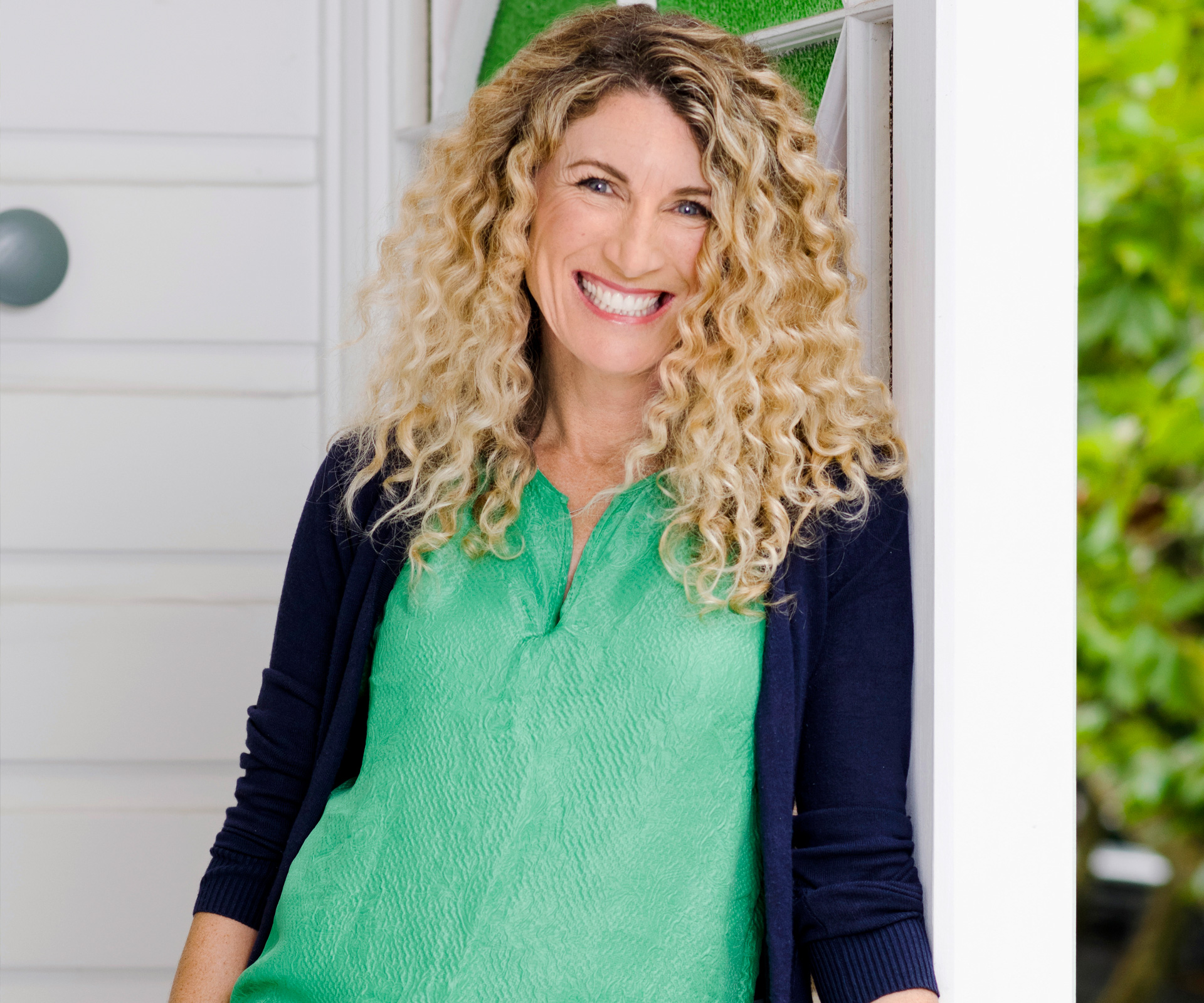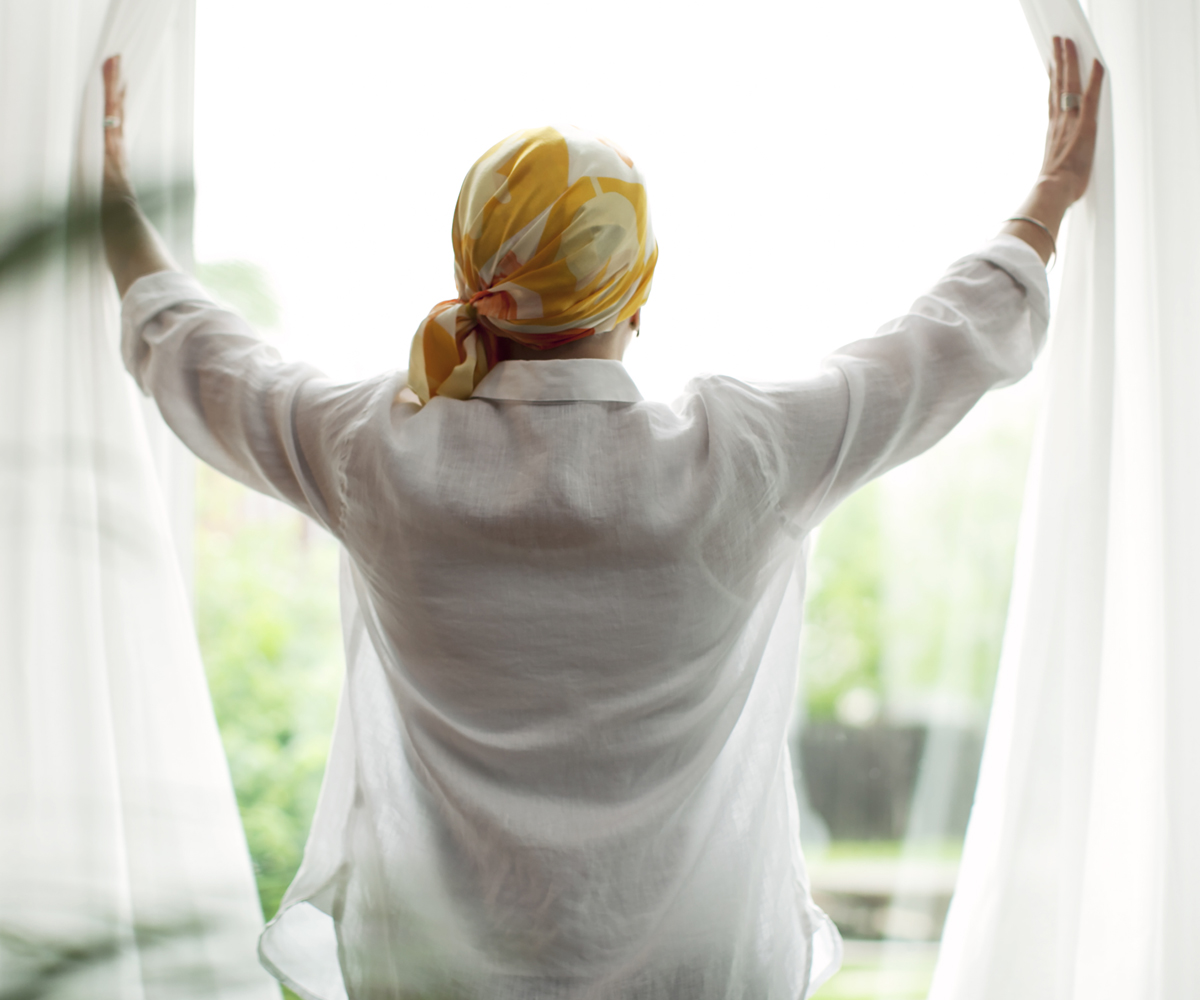Almost a year ago, Marie O’Brien was getting ready for work when her life changed in an instant as she fainted out of the blue, falling onto the bathroom floor and suffering concussion.
Now the wife and mum of two has a raised lump where the side of her head hit the tiles, and she’s living with post-concussion syndrome.
“They’re not entirely sure why I fainted,” says Marie, 32, who went from living a busy corporate life to not being able to cook dinner without a step-by-step recipe.
“I was out for up to 25 minutes, because that’s when my husband Ben found me. In the ambulance I didn’t know my name or age, and was talking rubbish. My head hurt so much where I had hit it, above my right eye, and I had a bruise for nine weeks.”
Marie’s condition has completely changed how she functions, which sees her coping with a number of symptoms, including dizziness, vision disturbances, imbalance and spatial disorientation, anxiety and difficulty processing information.
She’s also sensitive to light and noise, and needs to wear earplugs 90 per cent of the time.
“In winter, I make sure I’m home by 4.30pm to avoid the headlights on the road,” says the mum of Molly, seven, and Luka, four.
“I recently found out I have double vision, too.”
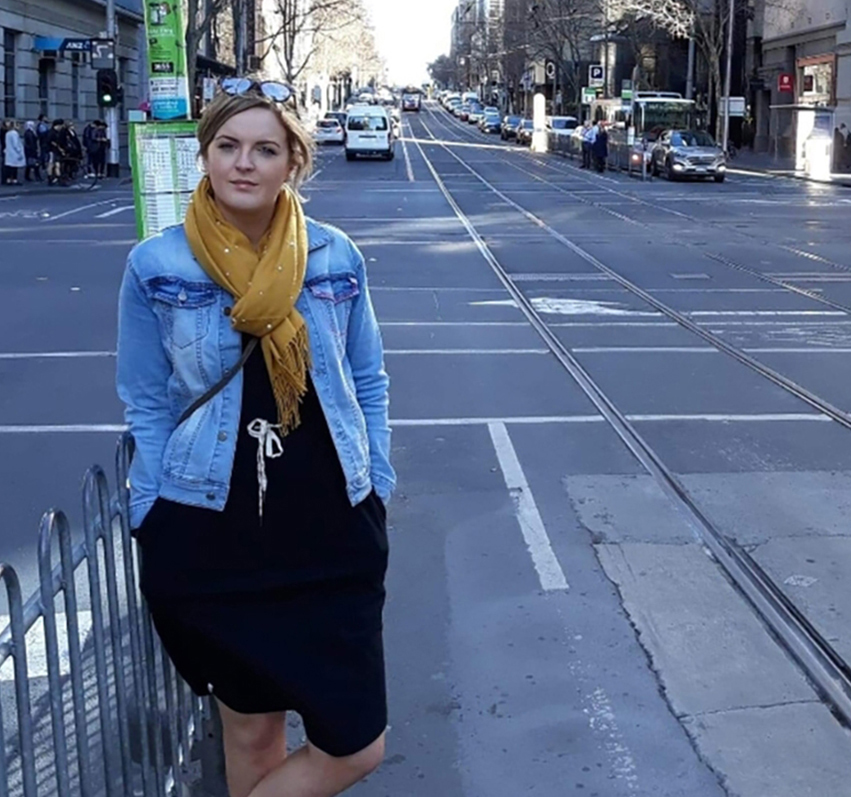
Like many people getting over a concussion – identified as a minor brain injury – Marie gets regular headaches.
“There are four types and I have one every single day, including the ‘helmet headache’, which goes across and around my head and centres where the injury was,” she says.
“Another is a ‘golf ball headache’ that’s related to my eyesight and is the size of a golf ball.”
Before her concussion, Marie had worked the same busy finance job for 10 years, but now her weeks are spent moving between appointments with an occupational therapist, psychologist, physio and personal trainer.
She says the frustration of not being able to process information properly and remember things can push her to tears, but part of her recovery is writing and planning everything in a diary, such as the family meals.
“If I don’t plan dinners at the start of the week, it throws me,” she says.
“I can’t go to my pantry any more and think, ‘Yes, I’ve got stuff to make Bolognese.'”
Another challenge is managing stress, which can take its toll.
“I can’t cope with my kids being around me for more than an hour by myself,” she says. “If one of them kicks off, I don’t know what to do.”
Marie has resorted to heading to her mum’s down the road after the kindergarten and school pick-up, until Ben texts to say he’s on his way home.
She credits her software engineer husband and their parents for helping out whenever she needs a break, but she knows not everyone understands her situation.
“Some people think I sit around and do nothing all day, living the high life at home,” she says. “The reality is, I can do two tasks a day, and then I need to take a nap.”
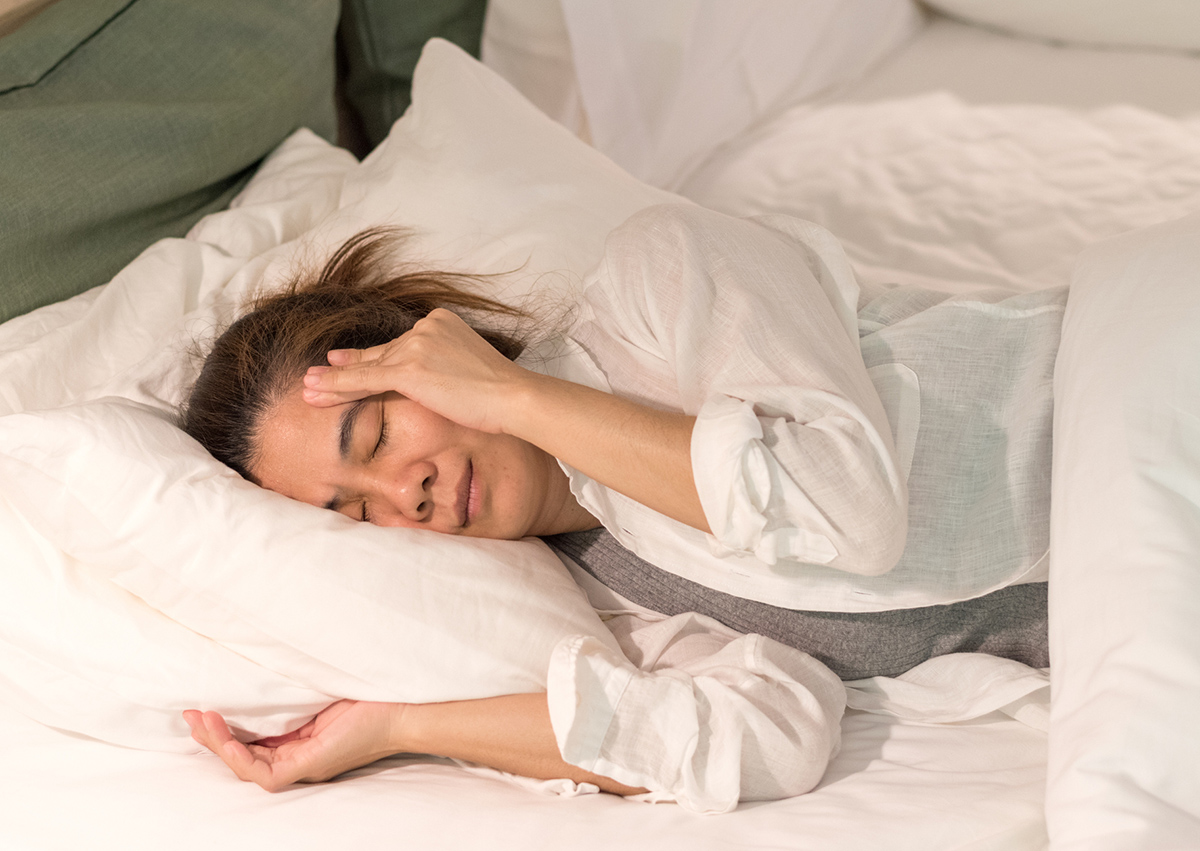
Other school mums have asked why Marie turns up right before the bell rings, instead of arriving early to chat with them.
“I can’t keep up with conversations involving more than one person, and meeting new people gives me anxiety,” she says.
Although medical professionals don’t know when – or if – Marie will fully recover, she’s using this time to focus on healing and is embracing a simpler life.
“Now I can say yes when the kids ask to go to the beach or play at a park,” she says.
“My whole outlook has changed and it’s not about things or money, it’s about time.
“I’m not as relatable to some people I once knew, because I don’t have the energy for complaining or worrying. I don’t sweat the small stuff any more.”
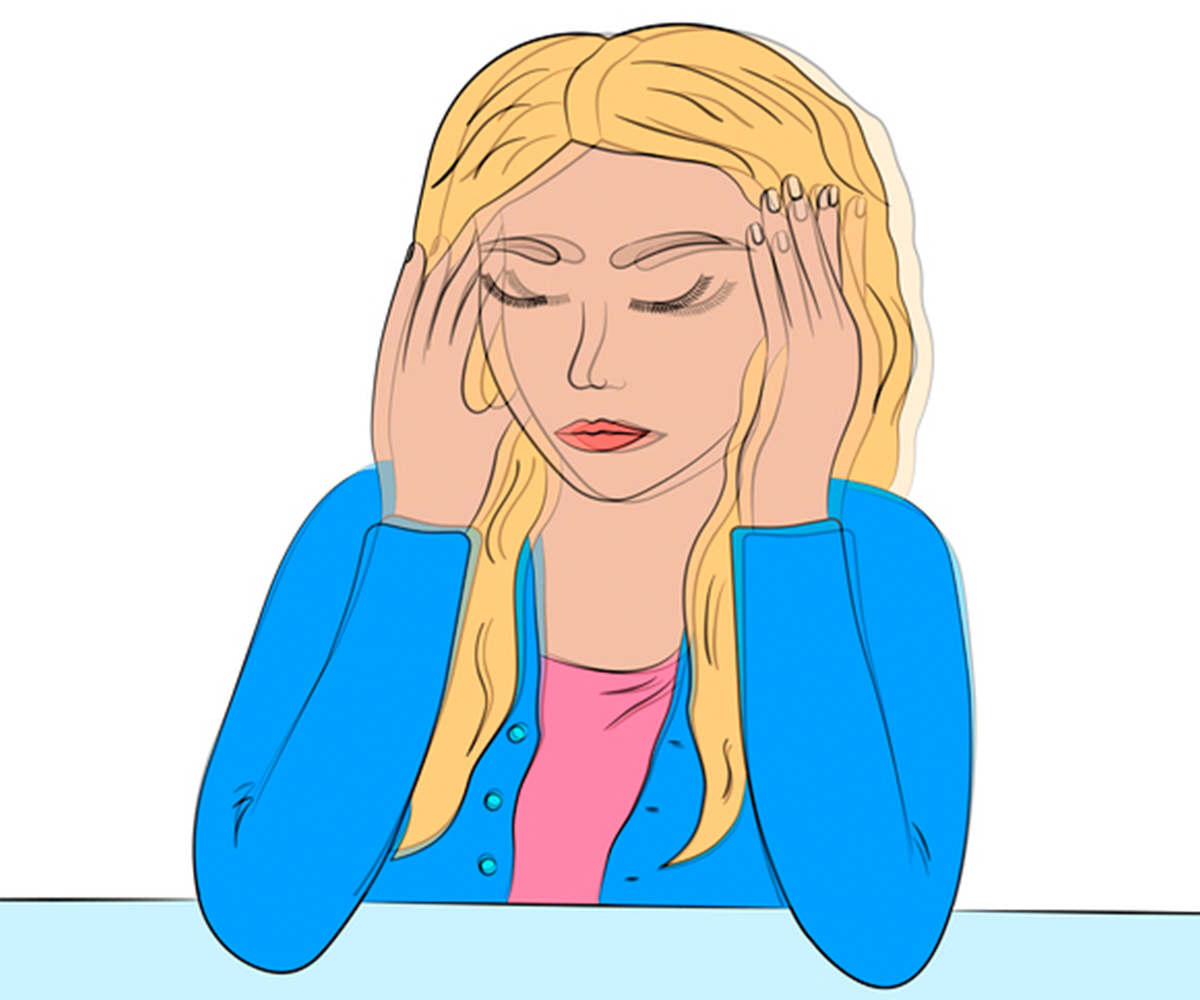 Getty Images
Getty Images
